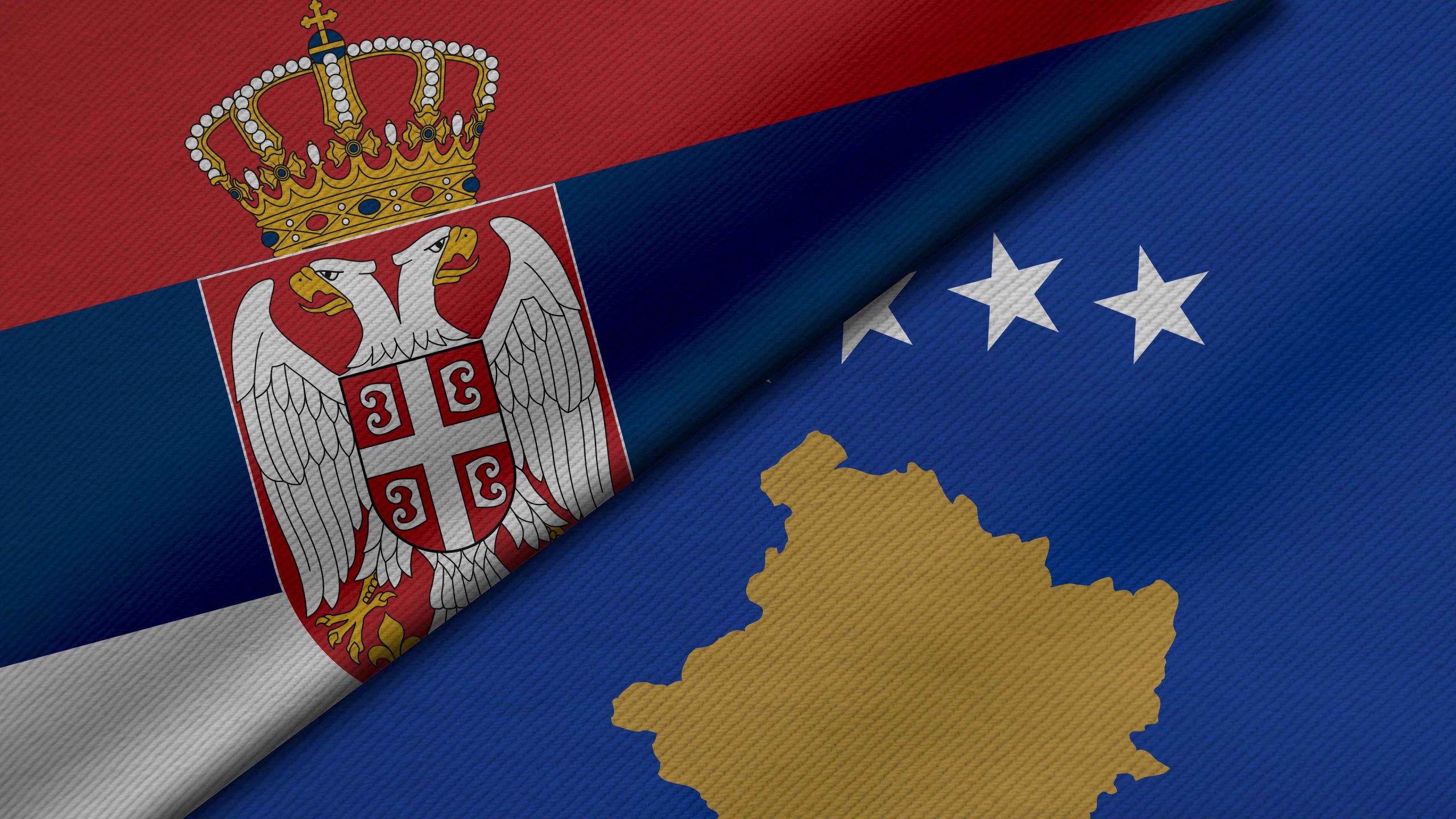As Serbia nears its upcoming elections, the question of Kosovo's status has once again taken center stage. The opposition parties, now under the banner “Serbia Against Violence”, have signaled their willingness to recognize Kosovo as an independent state should they emerge victorious, marking a potential shift in Serbia's long-held position. This policy change has ignited a heated debate within Serbian society, with proponents arguing for pragmatic diplomacy and normalization, while opponents express concerns about national sovereignty and historical ties.
At the heart of the debate lies Kosovo's declaration of independence from Serbia in 2008. The international community has largely recognized Kosovo as an independent state, but Serbia has vehemently rejected this recognition, considering Kosovo to be an integral part of its territory.
The SNS, under the leadership of President Aleksandar Vucic, has maintained a cautious stance, engaging in dialogue with Kosovo's authorities but refraining from formal recognition. Vucic has emphasized the need for a pragmatic approach, seeking a compromise that would normalize relations and pave the way for economic cooperation and regional stability.
In contrast, some of the opposition party leaders have adopted a more assertive stance, advocating for the recognition of Kosovo's independence. Dragan Djilas, the leader of the Freedom and Justice Party, has stated unequivocally, "We must recognize Kosovo as an independent state and pursue normalization of relations." This position aligns with the growing sentiment among younger generations of Serbs, who are more open to considering Kosovo's independence as a reality and a basis for future cooperation.
The potential recognition of Kosovo as an independent state would undoubtedly have some significant ramifications for Serbia. Internally, it could foster a more accepting and inclusive national identity, acknowledging the aspirations of Kosovo's people and promoting reconciliation. Externally, it could improve Serbia's relationship with the international community, particularly with the European Union, which has made Kosovo's recognition a condition for Serbia's membership.
However, this potential shift is not without its challenges. Some within Serbian society may perceive the recognition of Kosovo's independence as an act of surrender and a betrayal of national heritage. Others may fear that it could open the door to further territorial claims or separatist movements. These concerns underscore the complexities of addressing sensitive historical issues and the need for a delicate balance between national identity and pragmatic diplomacy.
Despite these challenges, the “Serbia Against Violence” list’s willingness to consider Kosovo's independence represents a courageous step towards normalization and regional stability. It is a decision that could have a lasting impact on Serbia's future, shaping its relationship with its neighbors, its place in the international community, and its potential for economic prosperity. The upcoming elections will determine whether Serbia is ready to embrace a more pragmatic and forward-looking approach to its relationship with Kosovo and its future within the region.










Trackbacks and Pingbacks